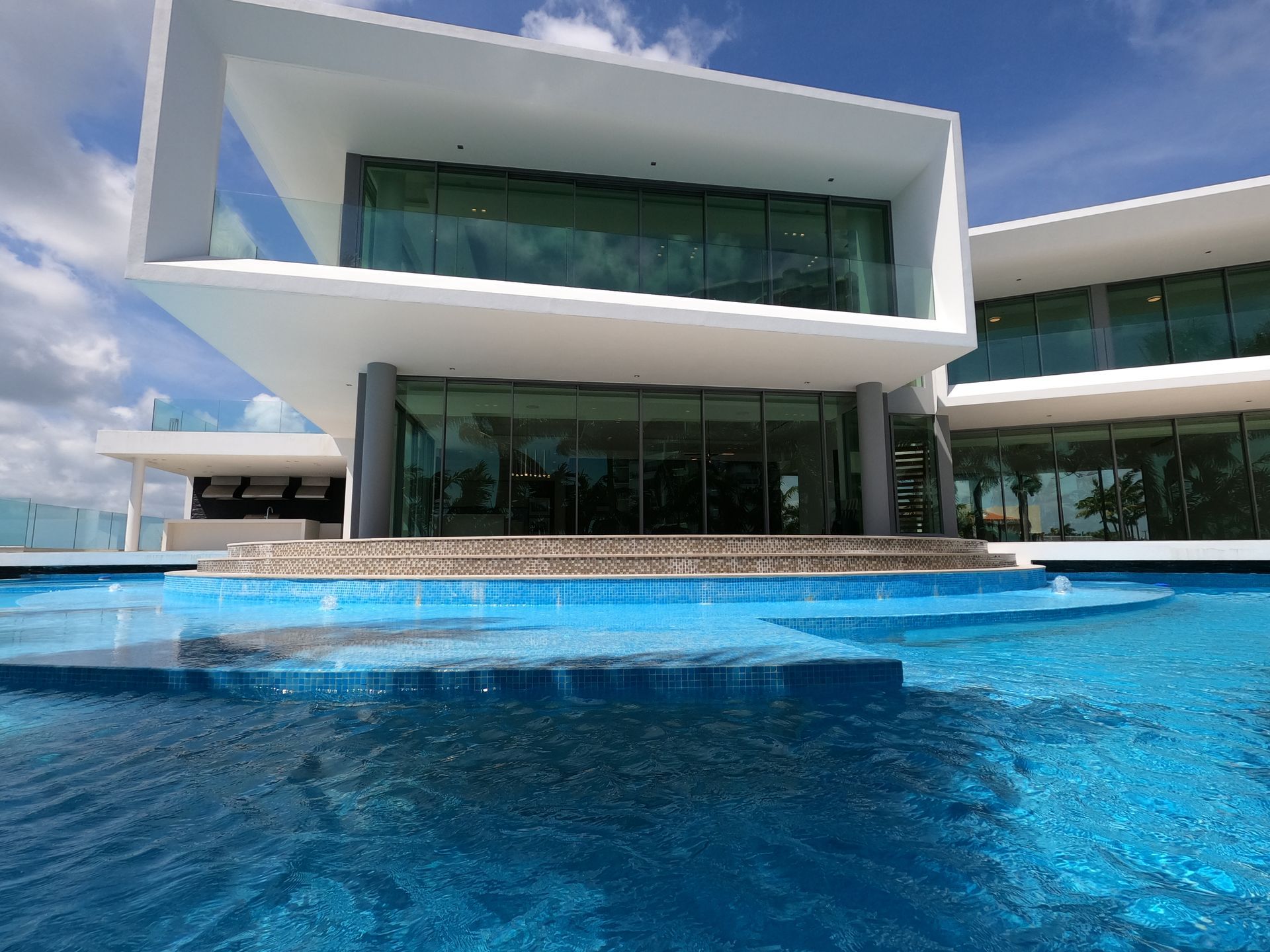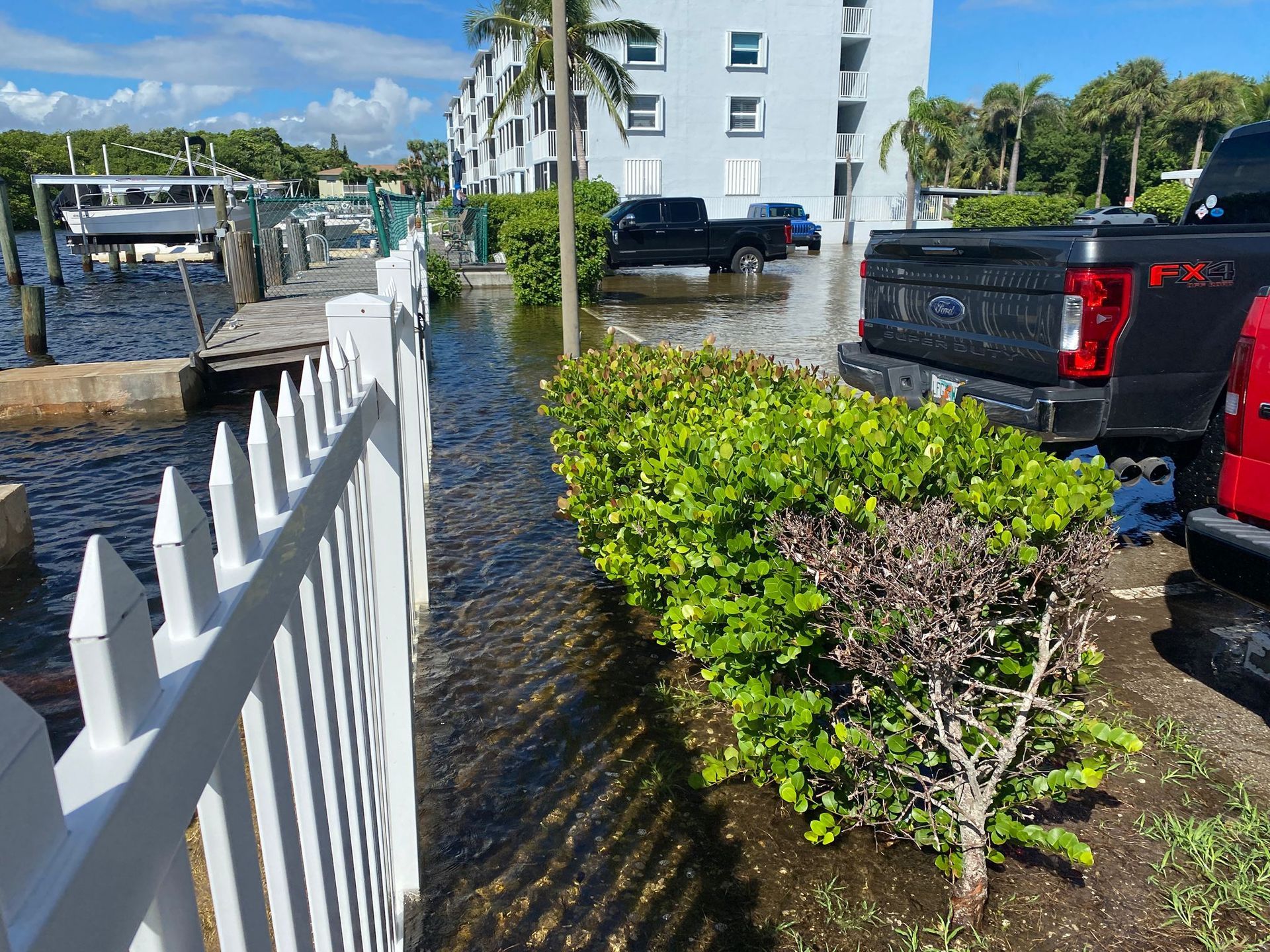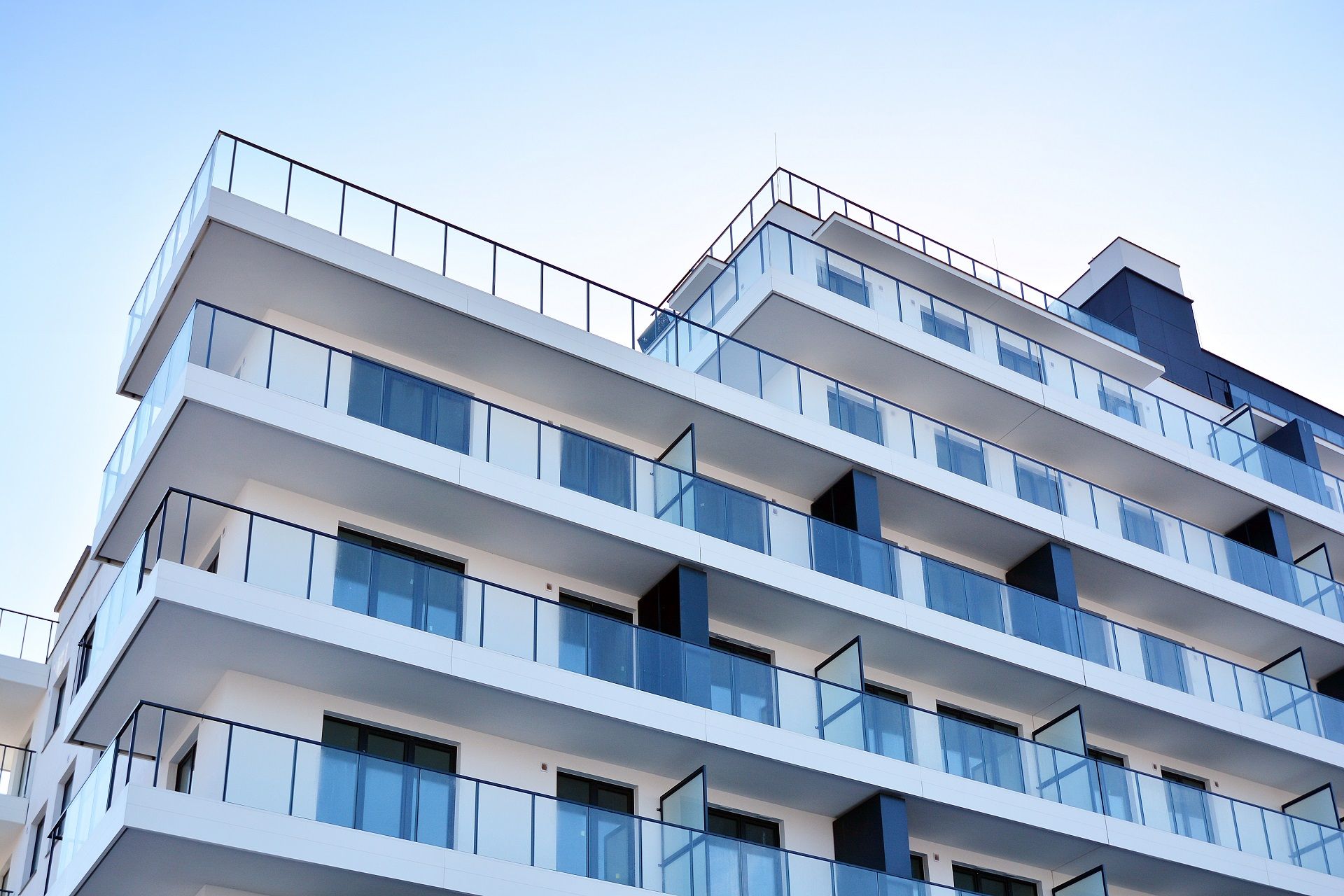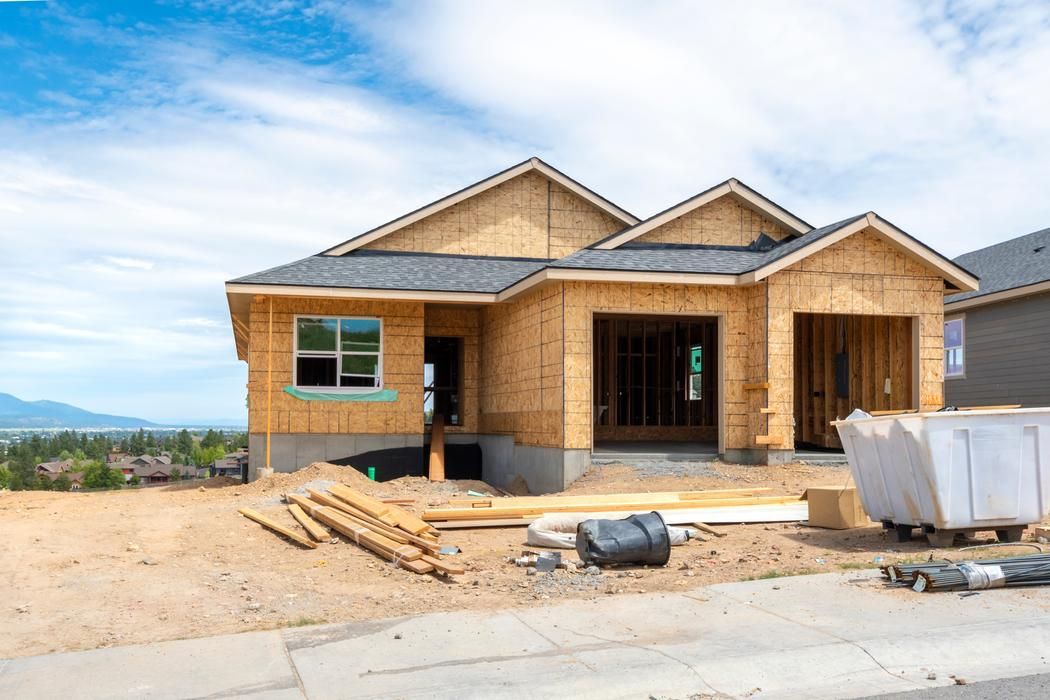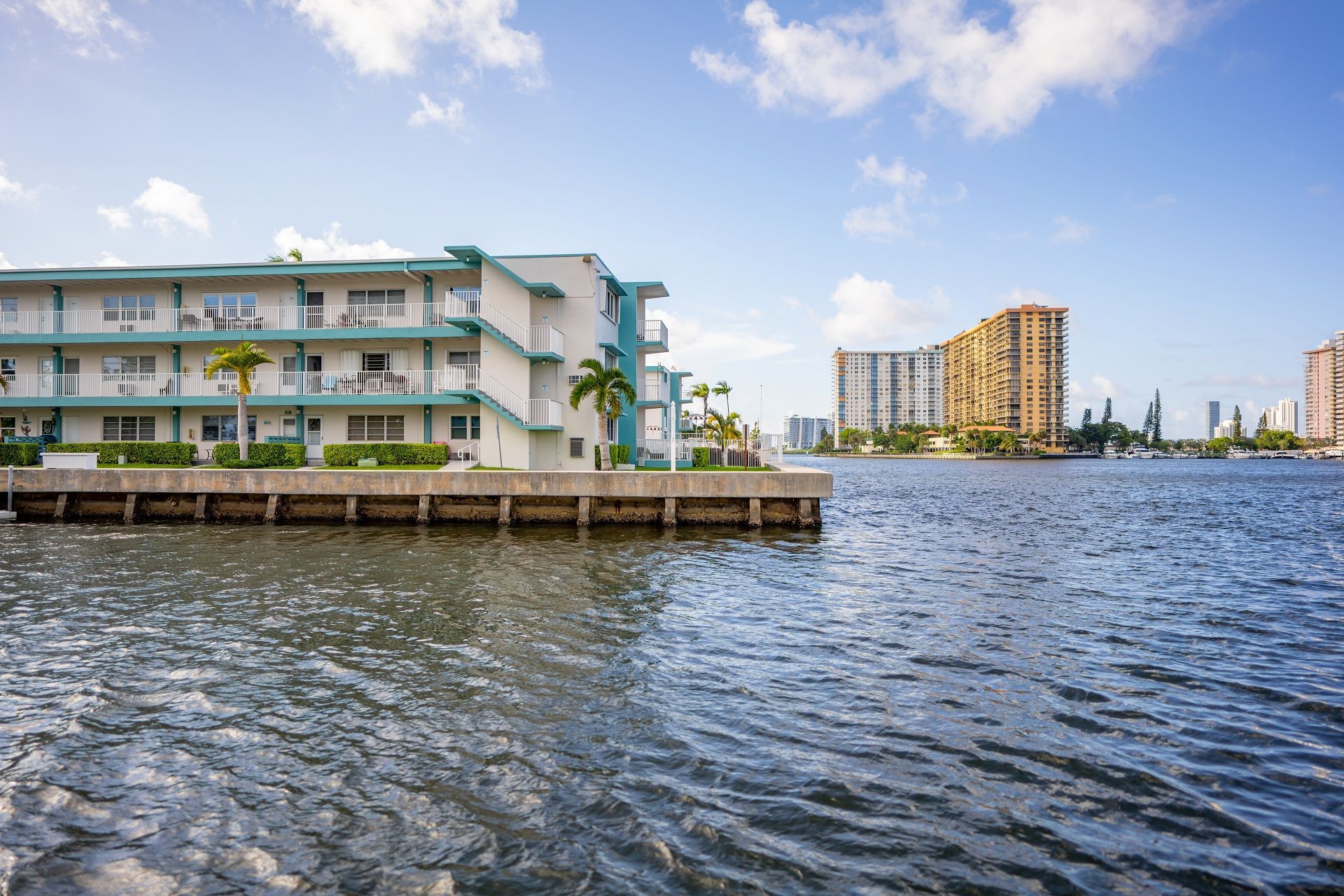Why You Need Home Inspection for New Construction
Although inspecting a new home seems a bit redundant, it’s a lot deeper than you may think. A newly built home can still have plenty of issues. For instance, it’s not uncommon for new homes to have devastating structural defects, grading issues, electrical problems, and even missing fixtures.
These could all end up costing you a lot of money, so you should ensure the property you’re about to buy fully checks out by scheduling a new construction home inspection.
How Different Is A New Construction Home Inspection From A Regular Home Inspection?
A home inspection is an evaluation of the home’s structure and main systems conducted by a qualified third party and its main goal is determining the home’s true value. Home inspections take place before the closing of the sale, as the inspector’s findings inform the buyer about problem areas and allow them to request the seller to fix the issues or adjust the price.
All this helps protect
buyers from buying a home that requires additional repairs for problems the seller may not have even been aware of.
But what about a new construction home inspection? How does it protect buyers?
While contracts for new buildings typically include a final walkthrough, this isn’t an impartial evaluation. There’s still a chance of severe flaws with the new home, regardless of whether the builders stuck to approved plans or obtained occupancy permits.
Unfortunately, contractors sometimes rush and only do the bare minimum to meet the building code. Plus, they often subcontract from other companies who may not be competent.
All in all, you shouldn’t simply assume a new home is spotless because it’s been recently built. A new construction home inspection helps you cut through the noise and gain an accurate understanding of the quality of workmanship in place.
Common Issues With New Homes
Whatever the underlying reason may be, these issues are fairly common with newly-built homes:
- Structural defects such as poor framing, faulty grading, and foundational cracks
- Window leakage or drainage problems
- Electrical issues such as open grounds, missing switch plates, and poorly wired outlets
- Missing railings, fixtures, or insulation
- Plumbing issues such as improper piping and reversed faucet handles
In addition to checking for these issues, the inspector will also evaluate local building codes and examine other areas such as trenches, framing, soil, and elevation, among others.
Types Of New Construction Home Inspections
There are different types of inspections conducted for new homes and they’re all equally important.
The big three include:
1. Foundation Inspection
This one is often scheduled before builders begin pouring the foundation. An inspector will arrive at the construction site and check if the site has been graded and excavated correctly.
Moreover, they’ll check if the footing and anchors were laid down properly at just the right distance from each other. This helps make certain the home will be built on a strong foundation that will hold down the weight of the structure for years to come.
Conducting this new construction home inspection will help identify and correct any issues before the concrete is poured, which will save you from dealing with the ensuing damage after you move in.
2. Framing Inspection
As soon as the contractors build the frame, it’s recommended you hire an inspector to evaluate the framing. During this stage, the roof and the windows are installed, while the only things that will be missing are walls and the sheetrock. This provides you with an opportunity to see all the structural features.
The inspector will check the posts, studs, beams, and other structural components. They can also inspect the electrical and plumbing repairs.
Fixing any problems after the drywall is completed will cost you a lot of money, so scheduling this inspection is a must. While addressing the structural issues will likely slow down the project, it’s a better alternative to tearing down the walls after you move in.
3. Final Inspection
Whenever a new construction home inspection is mentioned, most people think about the final inspection. This final checkup makes sure the home is safe to live in and that it was completed according to local building codes.
The inspector will look for electrical, appliance, and plumbing issues. They’ll even keep a close eye on any cosmetic issues.
The builders should fix anything your inspector indicates is problematic, which can save you from headaches in the future. After all, you’re paying for quality work and you should expect to receive what you paid for.
Ultimately, building a home is an intricate process, and even the most skilled builders can make mistakes. This is why we recommend scheduling the inspections we described above throughout the building process. Doing so can help keep the contractor accountable and gives you peace of mind that you did everything in your power to ensure your new home screams quality.
What Is The Best Time To Schedule A New Construction Home Inspection?
You should schedule these inspections as soon as possible. There’s a possibility that the builder will have an objection to another party evaluating their work. However, if they know they did a good job, they should have no problem with the inspection.
If the builder sticks to their guns and won’t allow for the inspection to happen, it’s a huge red flag and you should consider whether
you want to buy the home.
Hiring an inspector early sees to it that the responsibility for repairs will fall on the builder. This eliminates a lot of back and forth because the builder won’t have the grounds (pun intended) to claim that the issue occurred after they finished building the home.
Ensure Your Investment Is Safe
Skipping a new construction home inspection takes away your right to demand the builders fix any of their mistakes. Similar to how you wouldn’t buy an older home without having it inspected by a qualified professional, you should also show the same due diligence for a brand-new property.
If you want a partner who will advocate for your rights and fight on your behalf throughout the building process, schedule an inspection with
Certified Inspectors. We have three decades of experience in real estate construction and can spot shoddy workmanship from a mile away.
More importantly, our reputation carries weight and there’s no builder in the Florida area who won’t take our recommendations seriously.
Schedule an inspection by calling
(561) 570-6311
or
filling out our contact form.
Disclaimer: The information on this website and blog is for general informational purposes only and is not professional advice. We make no guarantees of accuracy or completeness. We disclaim all liability for errors, omissions, or reliance on this content. Always consult a qualified professional for specific guidance.
Share the post:

